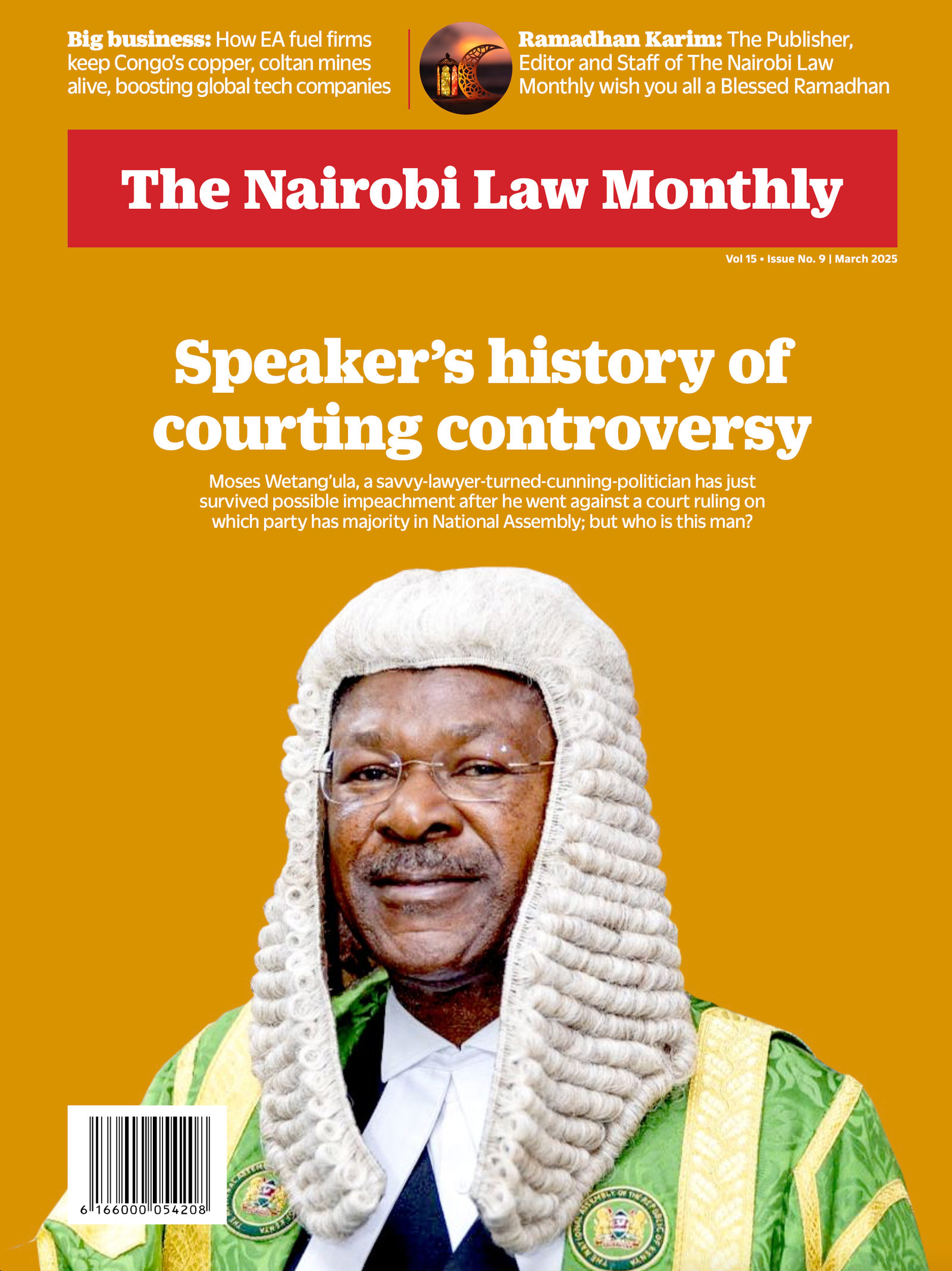Political and ideological polarization stand in the way of constitutional amendments
By Silas Apollo
Any administration, upon gaining power, must come up with a new set of rules to help drive its campaign promises, and help it deliver on its mandate; the Kenya Kwanza administration is currently in the phase of crystallizing these rules.
Over the last couple of months, President William Ruto has already called for Constitutional amendments, a move he says will enrich the country’s democratic process and improve service delivery.
The President, in his proposal, wants the creation of the office of the official leader of opposition, amendments in the law to speed up the implementation of the elusive two-thirds gender principle, as well as changing the Parliamentary standing orders to allow cabinet secretaries to appear before MPs for questioning.
In the proposals sent to both the National Assembly and the Senate through a memorandum in December last year, the Head of State has also expressed his support to have the National Government Constituency Development Fund, and the Senate Oversight and National Government Affirmative Action Funds anchored in law.
These amendments, the President has argued, will not only help his administration govern better and deliver on its promises but also help improve the country’s democratic process as well as promote governance and accountability for future administrations.
The President has also argued that other changes, such as the creation of the office of the leader of the official opposition, will help enhance transparency and accountability and seal loopholes experienced by previous administrations, including that of his predecessor, President Uhuru Kenyatta.
Similarly, the President is of the view that by speeding up the implementation of the two-thirds gender principle, the government will have fulfilled a provision of the law whose enactment has been a bone of contention between the various arms of government since the promulgation of the Constitution in 2010.
But even as debate on the said changes continues to pick up steam, others have already expressed their opposition to the move, casting doubts on whether the Head of State will actually realize his dreams of amending the Constitution.
Others have also singled out Dr. Ruto’s previous opposition to similar initiatives to amend the Constitution, including the Building Bridges Initiative proposed by Mr. Kenyatta while he was in office.
While opposing the BBI process, which had, among other things, proposed the creation of the office of the leader of the opposition as well as a mechanism for the implementation of the two-thirds gender principle, Dr. Ruto back then described the move as a non-priority.
Dr. Ruto had also argued that pumping in billions of shillings to the BBI process at a time when the economy and many in the country were facing economic difficulties was ill-timed.
The President is, however, adamant that the current proposals will take a less costly and divisive approach to the referendum, a move he says will be initiated through Parliament.
This, he says, will also help the process bypass the legal hurdles experienced by previous processes, including the BBI initiative, which was annulled by the Supreme Court on the basis that it was initiated by the President in his private capacity
But opponents of the initiative are accusing the President of double-speak and hypocrisy, arguing that any attempt to change the Constitution will not only be a mutilation of the law, but will also be resisted.
Law Society of Kenya president Eric Theuri, while opposing the proposed changes last year, accused the President of an attempt to destroy the Constitution, adding that proposals such as the creation of the office of the official leader of the opposition would be a duplication of roles.
“We have a system of government that is largely presidential, and the president comes from the coalition that forms the majority and there is another coalition that forms the minority. That is the structure that we picked for this country. You cannot, therefore, introduce the office of the leader of the opposition.
“That amendment in itself does not conform to the current constitutional structure that we have. It should not even be discussed in Parliament,” Mr. Theuri added.
More recently, Senate Speaker Amason Kingi has rejected calls to amend the Constitution to operationalize the Senate Oversight Fund. “Changing the Constitution to operationalize the fund is a dangerous path, and the House will reject such attempts,” Kingi said and expressed his confidence that the fund will become operational soon with being subject to a constitutional amendment.
The President also faces the risk of running into serious opposition with his opponents, such as ODM leader Raila Odinga, who have also expressed opposition to the proposed changes.
Mr. Odinga, who alongside Mr. Kenyatta birthed the failed BBI process, has argued that amending the Constitution cannot be done through a Parliamentary process as proposed by the President but through a popular initiative.
He has also dismissed the proposed amendments, accusing the President of his hypocrisy on the matter following his opposition to similar initiatives in the past, including the BBI.
Dr. Ruto, on the other hand, says that changes such as the creation of NG-CDF will help facilitate development in disadvantaged regions, improve the construction of many schools, and offer bursaries for tens of thousands of pupils and students across the country.


